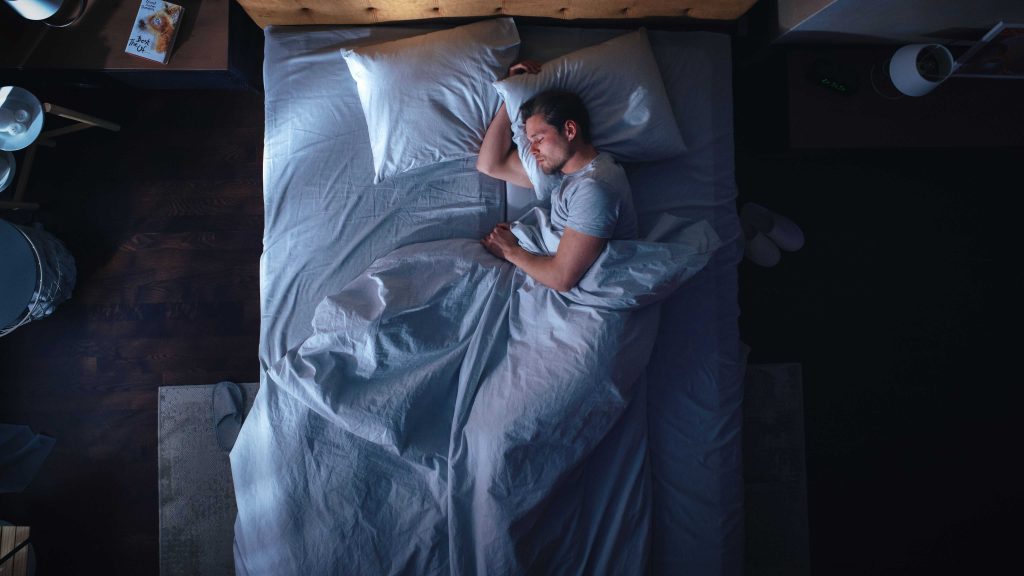Three simple methods to help you fall asleep quickly—without medication.
Others are reading now
When sleep troubles persist, it can be tempting to turn to medication. Fortunately, there are natural solutions that may help you drift off in no time.
Long-Term Solutions
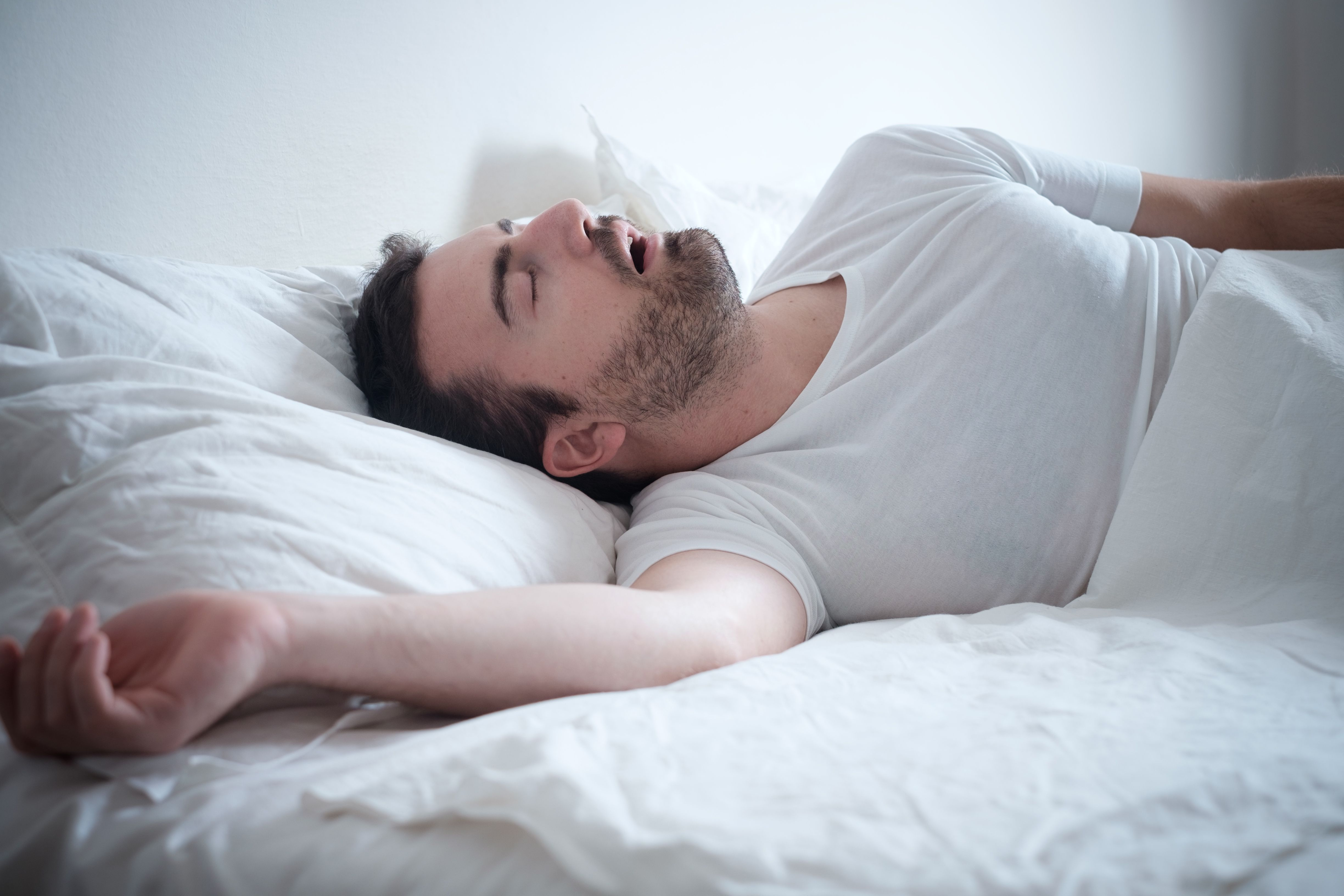
Also read
Quality sleep is essential for our physical and mental well-being. When you have trouble falling asleep, it can be tempting to rely on sleeping pills, but frequent use is not recommended. Instead, there are simple and effective methods that can help you fall asleep quickly without medication.
Even if you have invested in a good mattress and follow an optimal sleep routine, you may still find yourself staring at the ceiling. Over time, this can lead to sleep deprivation and disrupt your circadian rhythm, making it even harder to fall asleep when you need to.
Whether stress or anxiety is keeping you awake, here are three proven techniques to help you fall asleep quickly, no matter the time of day.
1. The Military Method
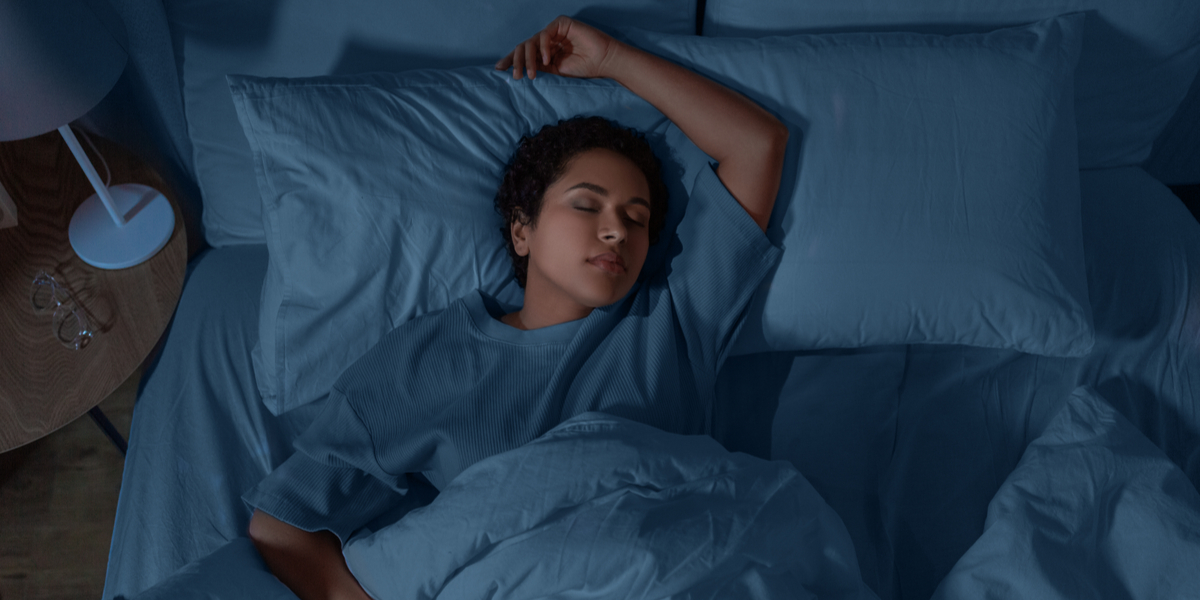
This technique was developed to help soldiers fall asleep quickly in any environment. It combines physical and mental relaxation:
-
Relax the muscles in your face, shoulders, and arms.
-
Exhale deeply to relax your chest.
-
Relax your legs, from your thighs to your toes.
-
Imagine a warm sensation spreading through your body.
-
Breathe calmly and clear your mind of stress.
-
Visualize one of the following scenes:
-
Floating on your back in a boat on a calm lake, under a clear sky.
-
Lying in a black velvet hammock in a pitch-dark room.
-
-
If your mind starts wandering, repeat the phrase “Don’t think” until you drift off to sleep.
2. Progressive Muscle Relaxation (PMR)
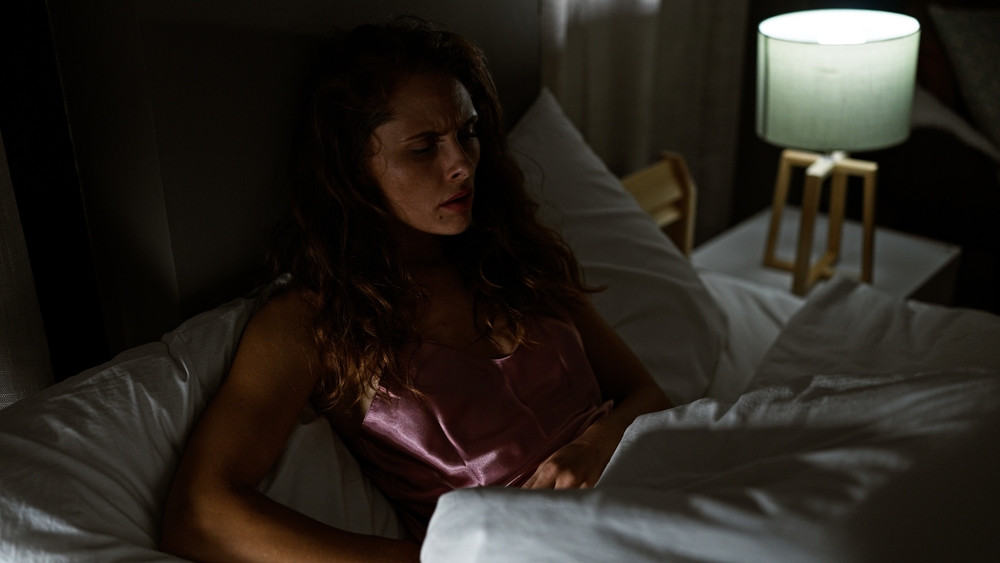
Similar to the military method, PMR focuses on relieving tension in the body, helping to reduce stress and anxiety:
-
Sit or lie comfortably and take a deep breath.
-
Raise your eyebrows for five seconds to tense your forehead muscles.
-
Relax and feel the tension fade for 10 seconds.
-
Smile widely and hold for five seconds.
-
Relax your cheeks for 10 seconds.
-
Repeat the process for each muscle group from head to toe.
-
Don’t focus on completing the entire technique—just let yourself drift naturally into sleep.
3. The “Cognitive Shuffle” Technique
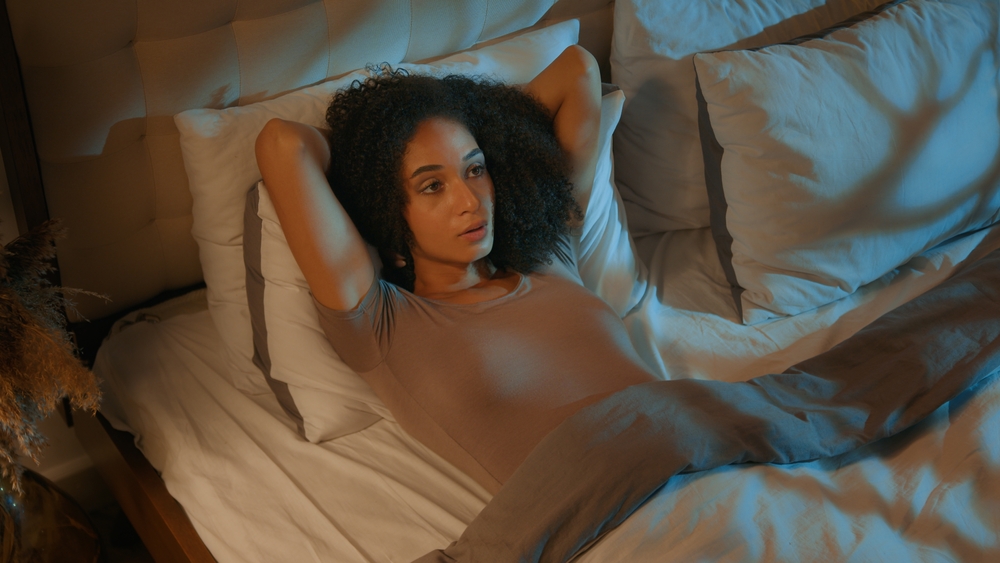
Developed by cognitive scientist Luc P. Beaudoin, this method distracts the brain from logical thought patterns, making it easier to fall asleep:
-
Visualize a random object or scene.
-
After a few seconds, switch to a completely different, unrelated image.
-
Continue this process until your brain stops analyzing and signals your body that it’s time to sleep.
-
This method is simple and perfect for any time of day, whether you’re trying to sleep on a plane or in your own bed.
How Long Should It Take to Fall Asleep?
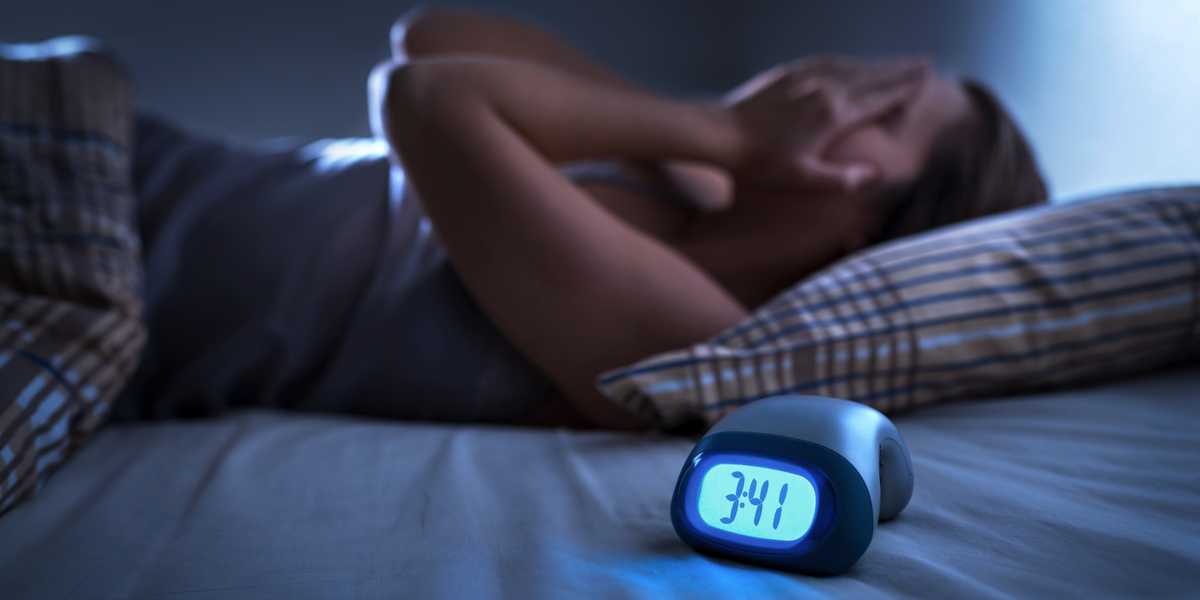
For most people, it takes 10-20 minutes to fall asleep. However, this can vary based on lifestyle and environment:
-
Falling asleep in less than five minutes may indicate sleep deprivation.
-
Taking more than 20 minutes can leave you feeling groggy and low on energy in the morning.
Long-Term Strategies for Better Sleep
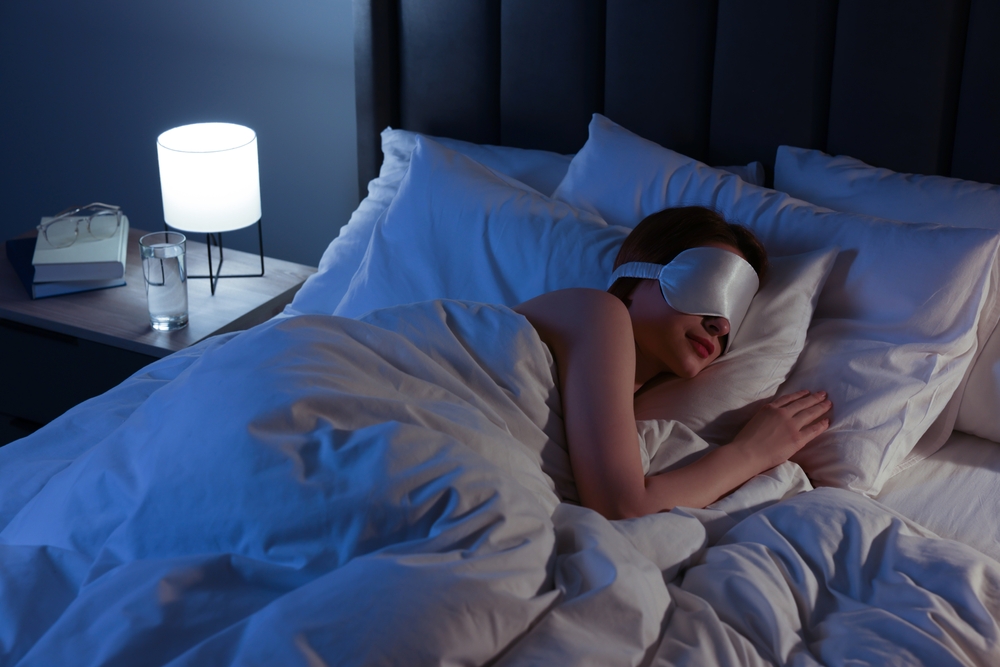
If you frequently struggle with falling asleep, you can train your body and mind to relax more easily by improving your sleep hygiene.
1. Reduce Screen Time Before Bed
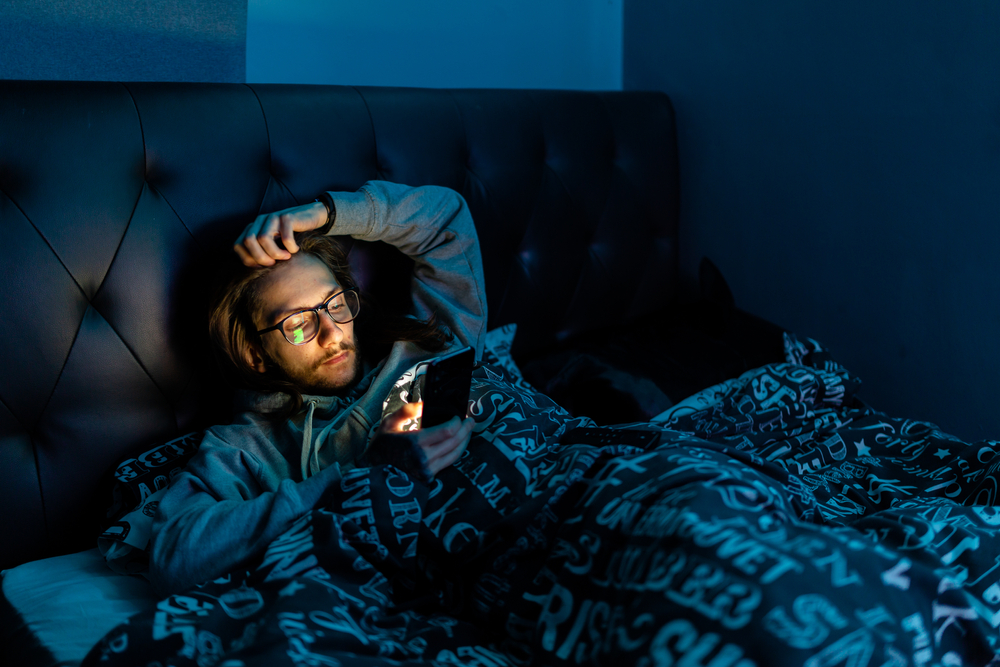
-
Blue light from phones and laptops suppresses melatonin production.
-
Avoid screens 1-2 hours before bed and opt for relaxing music or reading instead.
2. Establish a Relaxing Bedtime Routine
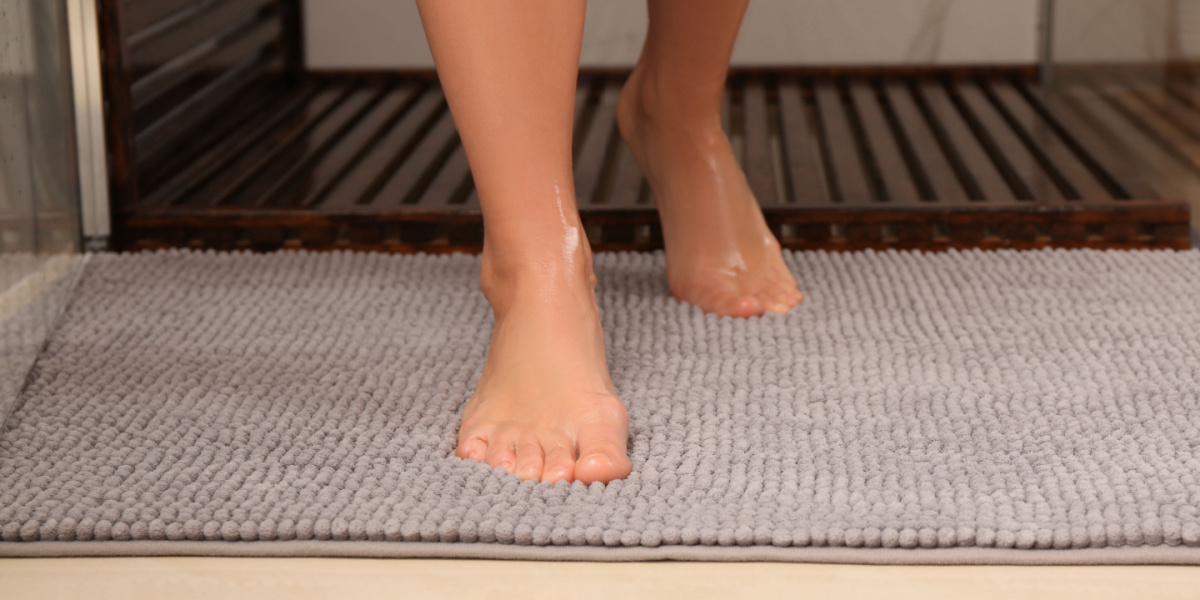
-
Light stretching, a warm shower, or a calming bath can help release tension from the day.
-
Drinking chamomile tea or journaling can help relax your mind.
3. Optimize Your Sleep Environment
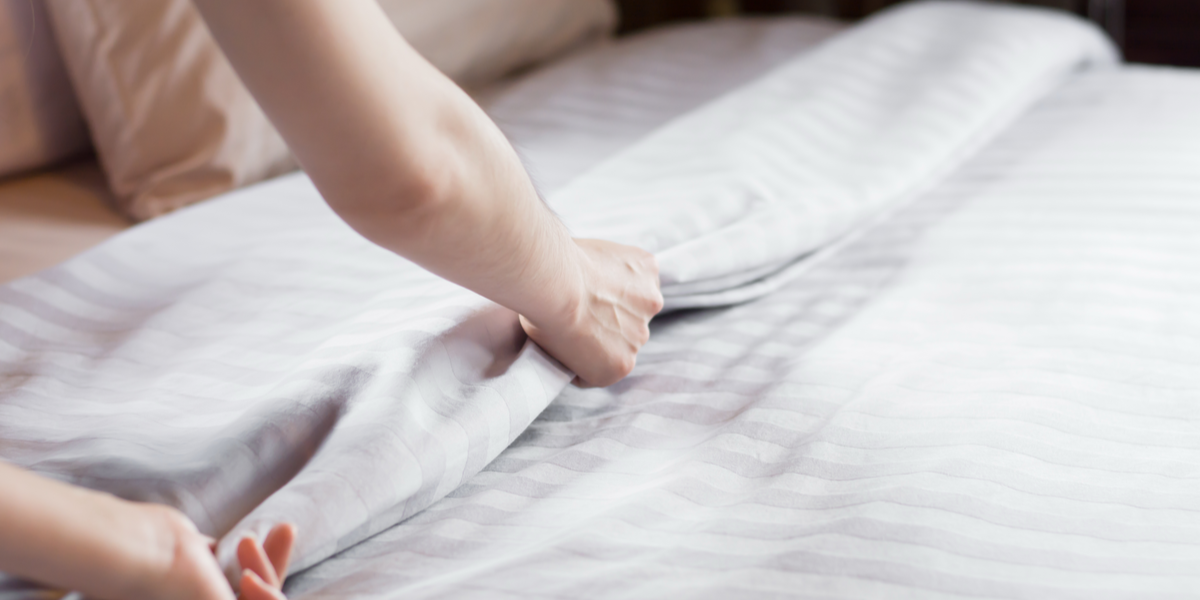
-
Choose a mattress and pillows that support your sleeping position.
-
Use a weighted blanket, blackout curtains, and earplugs to eliminate distractions.
4. Get Natural Light Exposure in the Morning
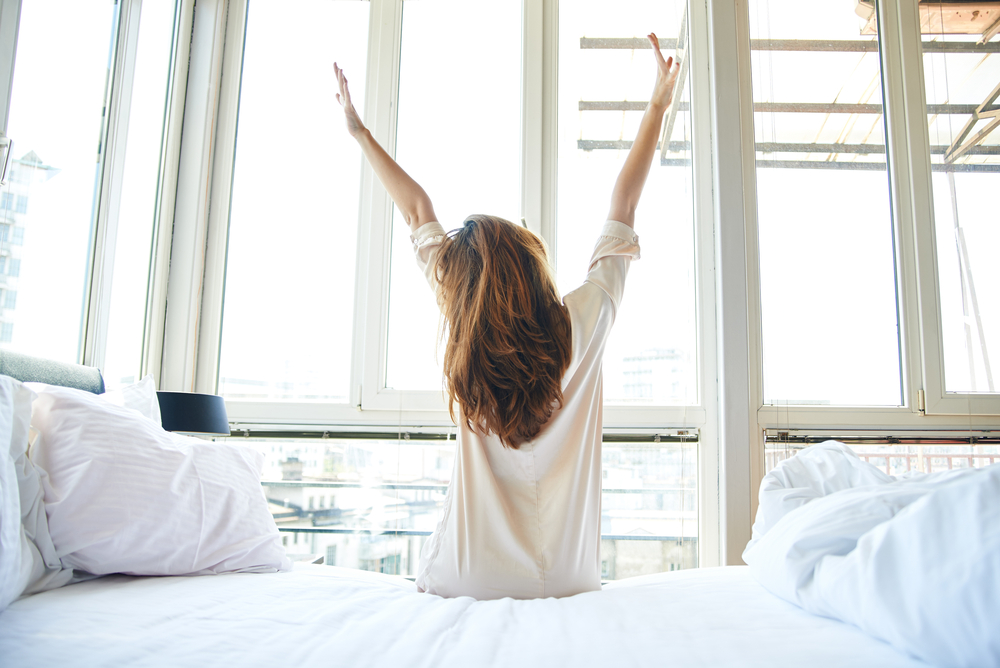
-
Sunlight helps regulate your circadian rhythm and supports cortisol production, keeping you alert during the day.
-
A vitamin D deficiency has been linked to poor sleep quality, so aim to spend at least 30 minutes outdoors daily.

